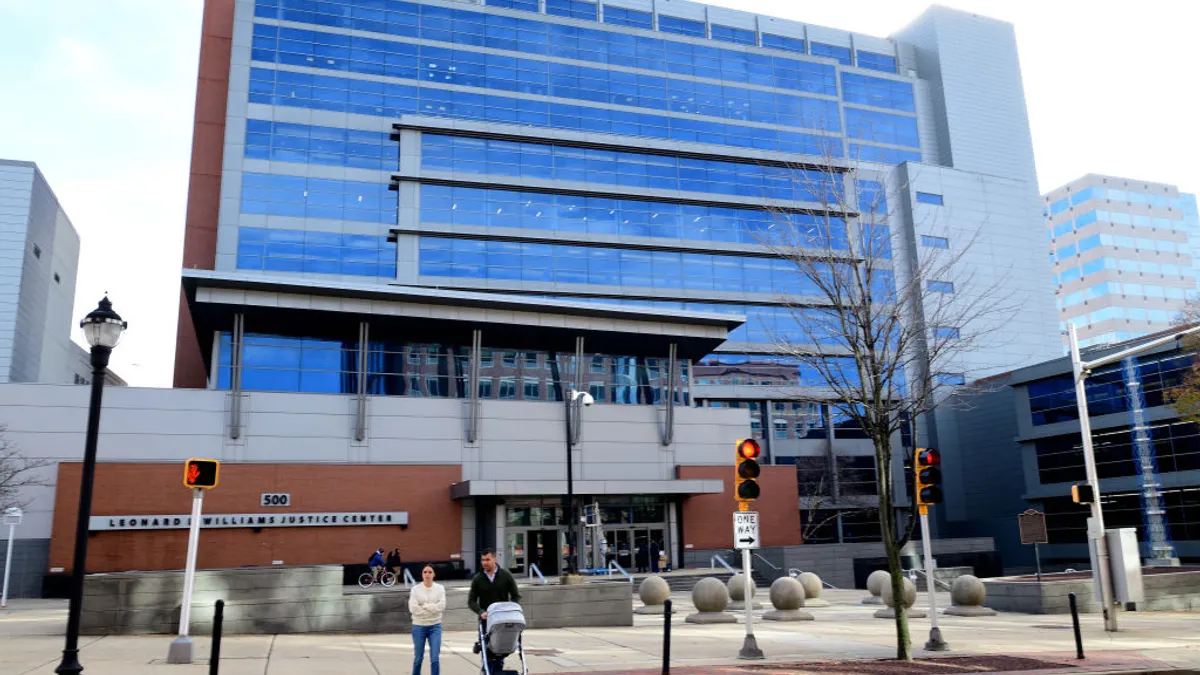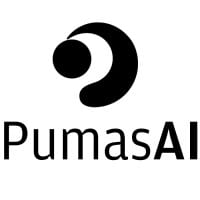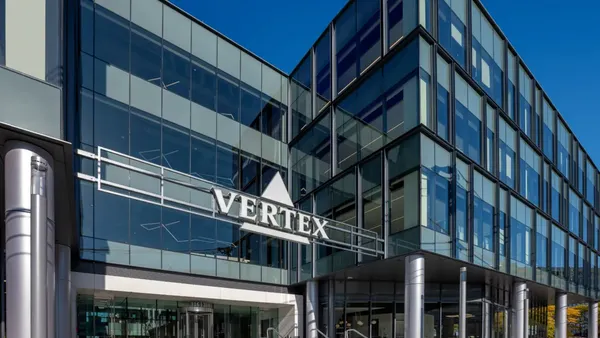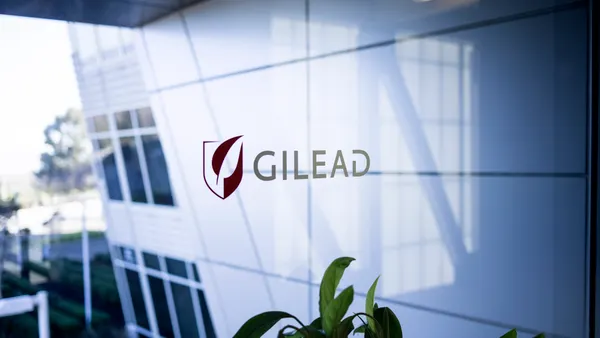Anaptysbio and its partner GSK are suing each other, claiming breach of contract over the big drugmaker’s license to market the likely blockbuster cancer immunotherapy Jemperli.
A California-based developer of immune-modulating antibody drugs, Anaptysbio claimed in a Delaware court that GSK violated the terms of its decade-old deal by testing some of its experimental cancer drugs with Jemperli competitors, like Merck & Co.’s Keytruda. That suit came in response to GSK’s earlier action in the same court that said Anaptysbio’s allegations were a breach of contract.
The lawsuits relate to a 2014 deal Anaptysbio made with a company called Tesaro, which licensed Jemperli, then an experimental PD-1 inhibitor that works similarly to Keytruda and Bristol Myers Squibb’s Opdivo. GSK bought Tesaro in 2019 for $5.1 billion, mainly for the ovarian cancer drug Zejula, but at the time executives of the British big pharma also highlighted Jemperli’s promise.
GSK hit first, saying its Tesaro subsidiary was filing a lawsuit because “conduct by Anaptysbio is in material breach of the existing license agreement.” It wants the court to terminate the agreement, grant a permanent license and halve the royalties due to Anaptysbio.
Anaptysbio countersued, claiming GSK’s testing of drugs it developed with Keytruda and other PD-1 drugs first, rather than with Jemperli, violated the terms of the license.
“While Anaptys had approached Tesaro to engage in good faith discussions to potentially resolve these claims, on Nov. 20, 2025, Tesaro, without notice, initiated a lawsuit against Anaptys,” the company said in a release.
In 2020, Anaptysbio won an amended license from GSK that boosted royalties to Jemperli and paid royalties for Zejula sales, in return for GSK gaining the right to test Zejula with third-party drugs.
Jemperli recorded sales of 600 million pounds, or about $785 million, through the first nine months of 2025, putting it on track to become a $1 billion seller by the end of the year. That would position Anaptysbio to collect a $75 million milestone payment, in addition to the 8% royalties it receives on sales of up to $1 billion and the 12% it will receive on sales between $1 billion and $1.5 billion.
An Anaptysbio spokesperson said the lawsuits are still under seal and should be available within a week, with redactions.
Preserving the revenue stream will be key to Anaptysbio’s plan to split off a royalty business by the end of 2026. Moreover, the company owes up to $675 million to Sagard Healthcare Royalty Partners as part of a royalty monetization deal it signed in 2021. Anaptysbio believes it will have enough to pay off its obligations to Sagard sometime in 2027 or 2028.
In a note to clients, Leerink Partners analyst David Risinger wrote that, while the dueling lawsuits raise some uncertainty over Anaptysbio’s business plans, his team still sees an opportunity for Anaptysbio to not only retain, but “potentially realize even greater economics.”
“We do not know if GSK/Tesaro are trying to use leverage ahead of [Anaptysbio’s] proposed separation of its royalty business into a separate entity in 2026,” the analyst added.















